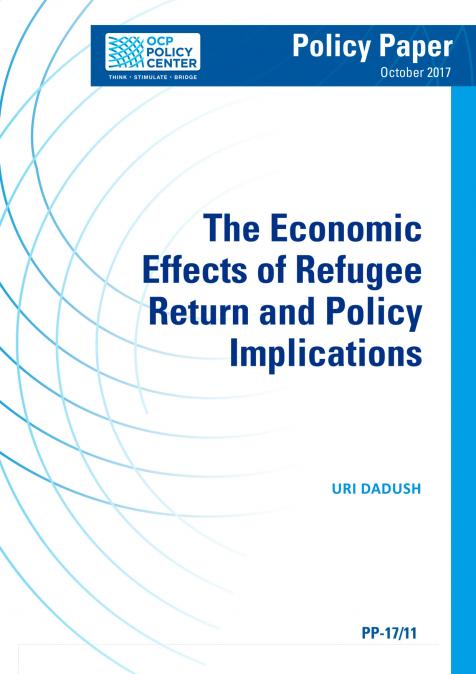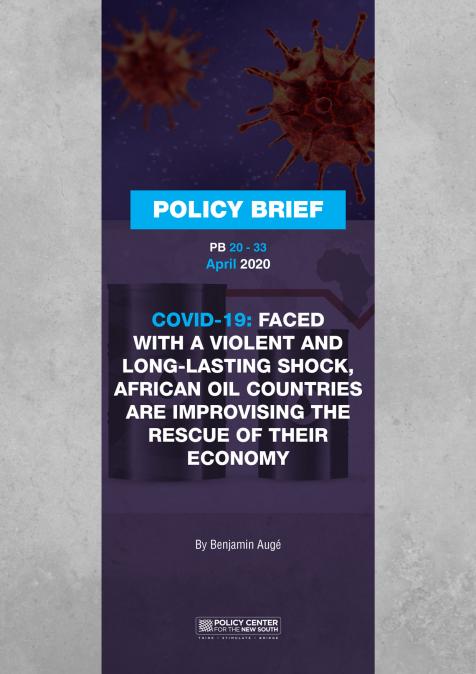Publications /
Policy Paper
According to the European Union over a million asylum rejected asylum seekers have been ordered to return to their country of origin from Europe alone, or will be soon. To these could be added refugees that have been given temporary shelter but who could be asked to return once conditions in their home country improve. The debate on returning asylum seekers and refugees is nearly always cast in political, legal and humanitarian terms. This paper looks at the question of return strictly from the economic perspective in the advanced countries that receive refugees: is return in their economic interest? Considering all the main economic dimensions – fiscal, economic growth and labor market impact – the answer, for most advanced countries is no. The costs of hosting refugees are front-loaded, while the benefits of hosting them, which are considerable, only accrue over time.
The paper also argues that – on economic grounds alone –mass voluntary return of refugees to their country of origin is highly unlikely even when conditions improve. Development agencies can help countries that are the largest source of refugees recover once conflicts abate and help prevent new refugee crises occurring in the future. However, the expectation that they will promote the return of refugees is unrealistic. Development agencies should not place refugee return as a central objective of their efforts.





